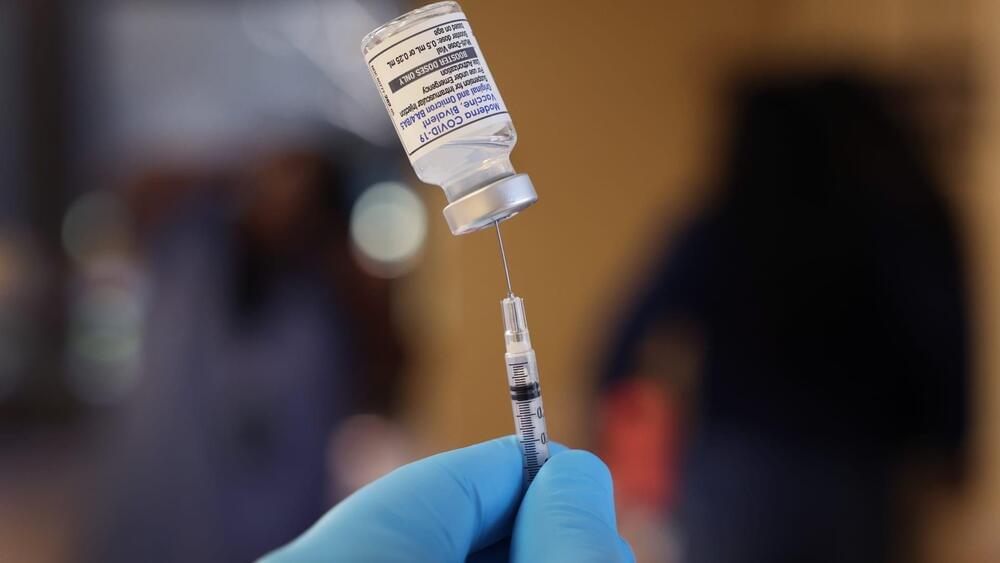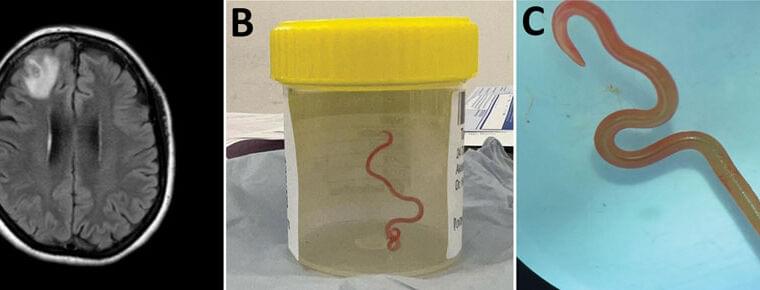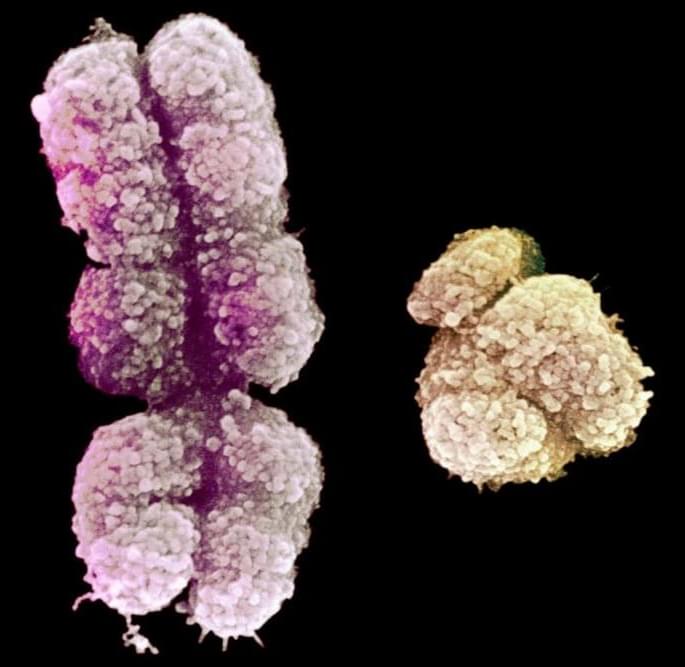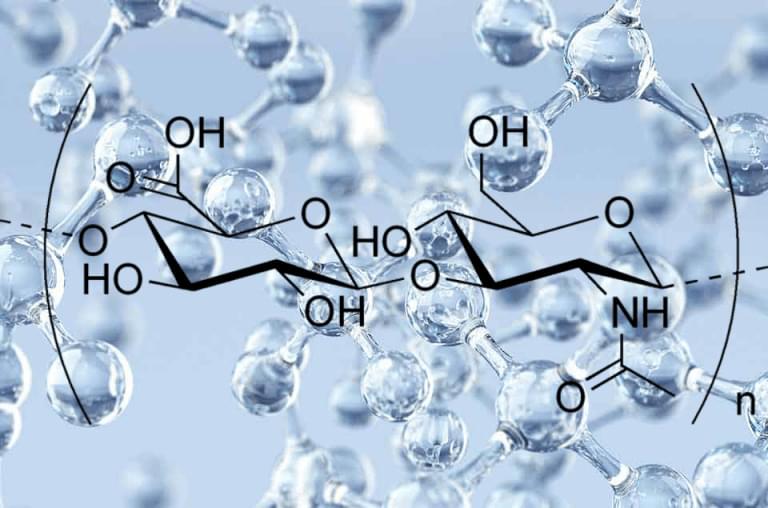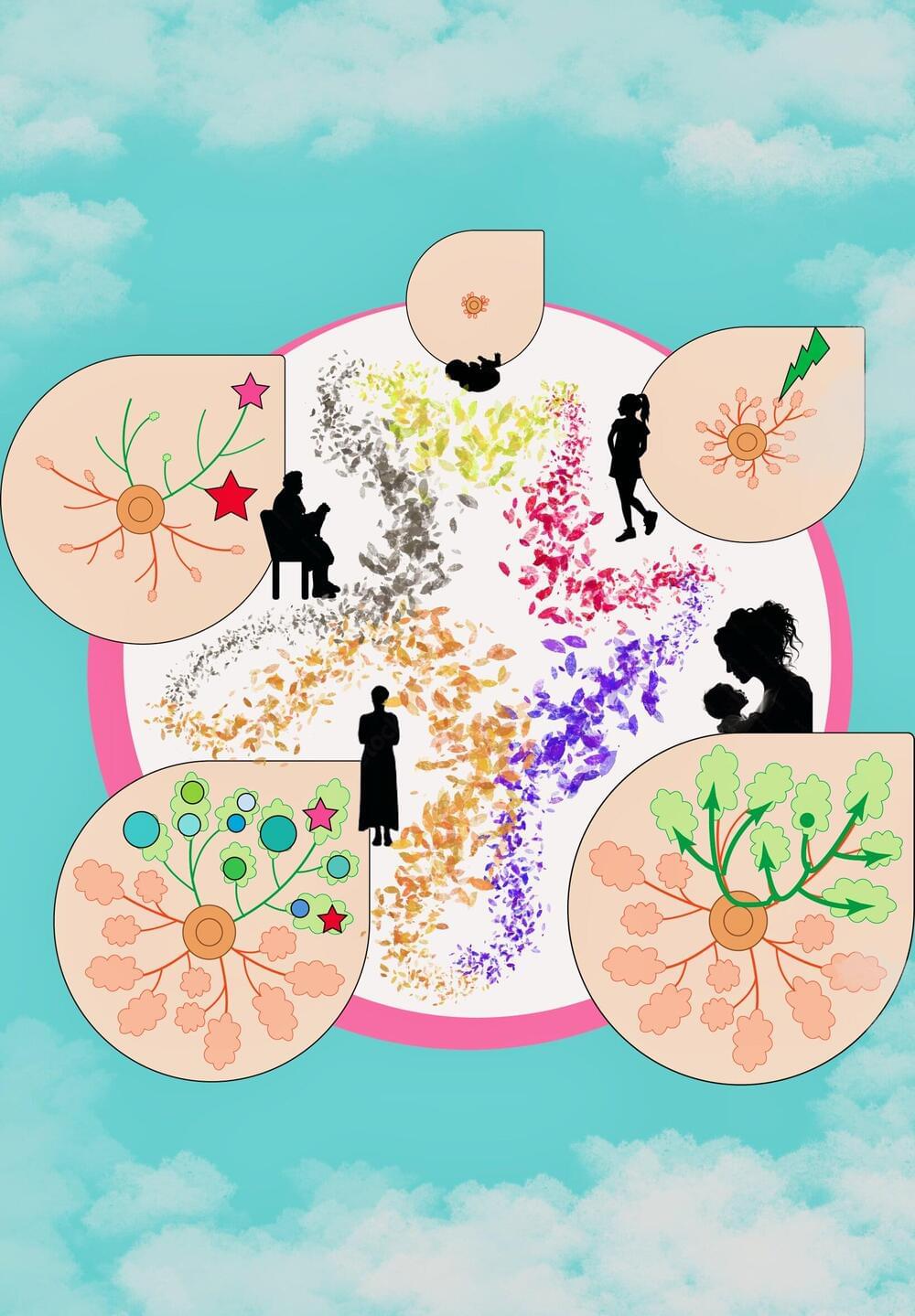“It’s a time of huge uncertainty,” says Geoffrey Hinton from the living room of his home in London. “Nobody really knows what’s going to happen … I’m just sounding the alarm.”
In The Godfather in Conversation, the cognitive psychologist and computer scientist ‘known as the Godfather of AI’ explains why, after a lifetime spent developing a type of artificial intelligence known as deep learning, he is suddenly warning about existential threats to humanity.
A University of Toronto University Professor Emeritus, Hinton explains how neural nets work, the role he and others played in developing them and why the kind of digital intelligence that powers ChatGPT and Google’s PaLM may hold an unexpected advantage over our own. And he lays out his concerns about how the world could lose control of a technology that, paradoxically, also promises to unleash huge benefits – from treating diseases to combatting climate change.

